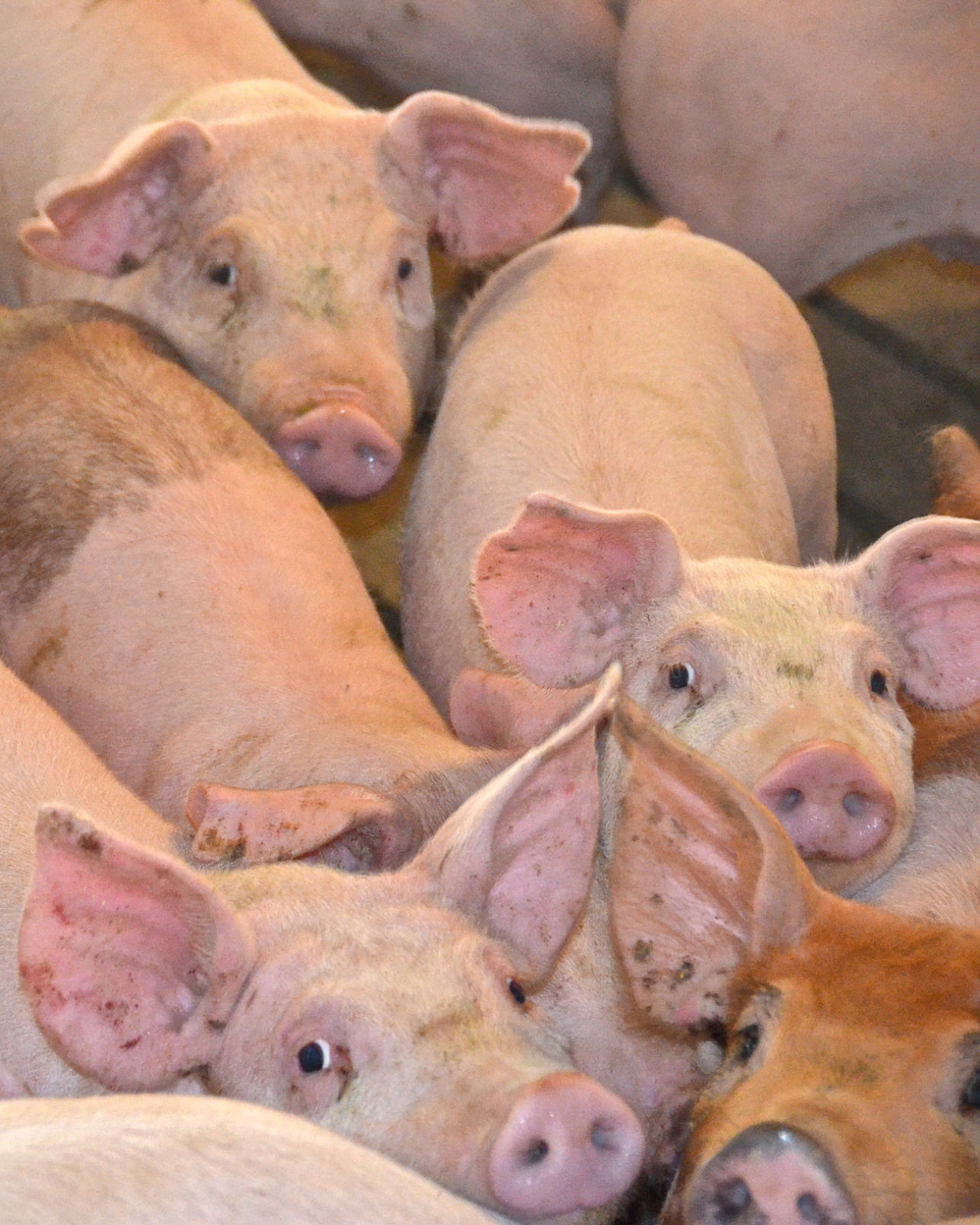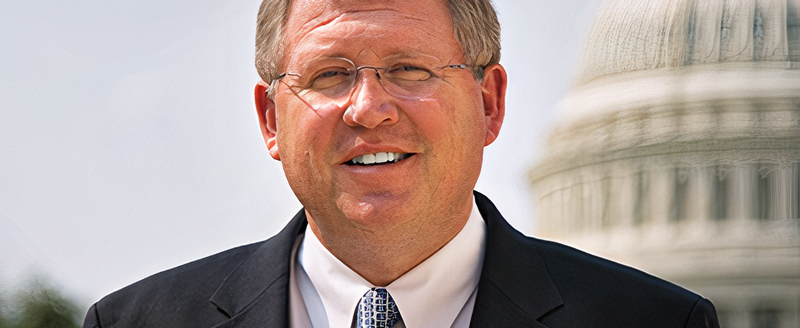The mood was glum at a scheduled Zoom press conference held May 12 by the National Pork Producers Council in the wake of the Supreme Court’s 5-4 ruling released the day before that upholds California’s Proposition 12. It prohibits the sale of pork, veal and eggs in the state from animals that don’t meet Prop 12’s “cruelty-free” standards. That will impose costs on producers who want to sell in California, which produces less than 1% of the pork it consumes.
The NPPC has been fighting Prop 12 for four years. Scott Hays, president of the board NPPC and a hog farmer from Monroe, Mo., said “We are disappointed and hoped for a different outcome.” He said the decision is contributing to “some of the most challenging conditions” for pork producers in the past 20 years. “We are resilient, we’ve been dealt blows before,” he said.
Michael Formica, the NPPC’s chief legal strategist, said a majority on the court agreed that Prop 12 would damage the pork industry, but the ruling majority “ultimately decided this is a political issue” best decided in statehouses.
Most of the event was taken up with questions from ag media attendees. Hays said he would not be personally making any changes to his hog operations. He said the people behind Prop 12 aren’t hog farmers and aren’t familiar with conditions on a farm. “There’s no science behind the 24-foot rule [requiring at least that much space per hog].”
Formica said enforcement in California will be mainly the job of retailers who will have to certify that their meat is compliant, but he said there are many details to be worked out between producers and the state. “The effective date is July 1. What does that mean? That non-compliant product has to be off retail shelves by then? That all piglets born after that date must be compliant? We’re working with California to resolve those issues?”
Although California does have inspectors who can travel to other states, he said, he expects producers in other states who already have third parties audit their operations to simply add a Prop 12 compliance step to that audit. California has approved five private firms to audit producers.
Hays’ advice to hog farmers who haven’t yet shifted to Prop12-compliant raising is to “study it hard” and decide what’s best for their operation.
David Murray can be reached at [email protected].




